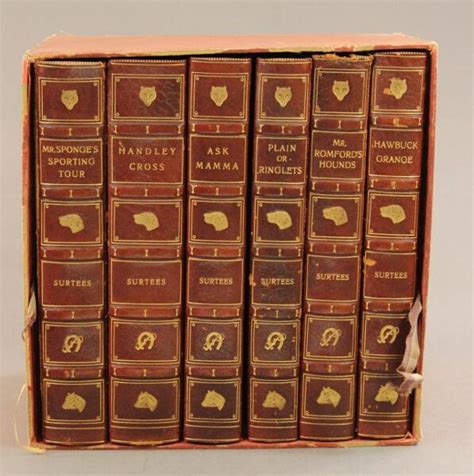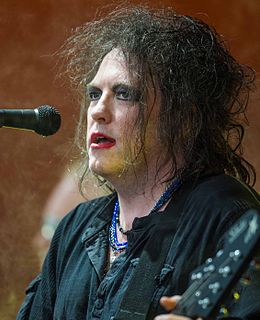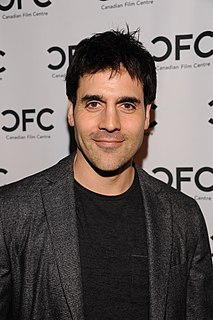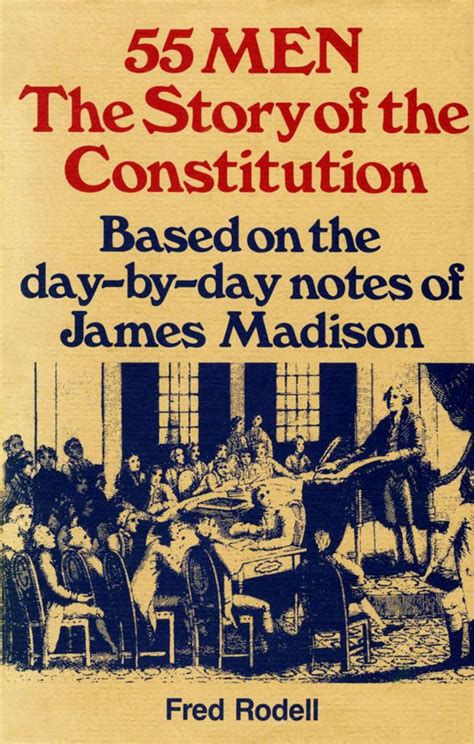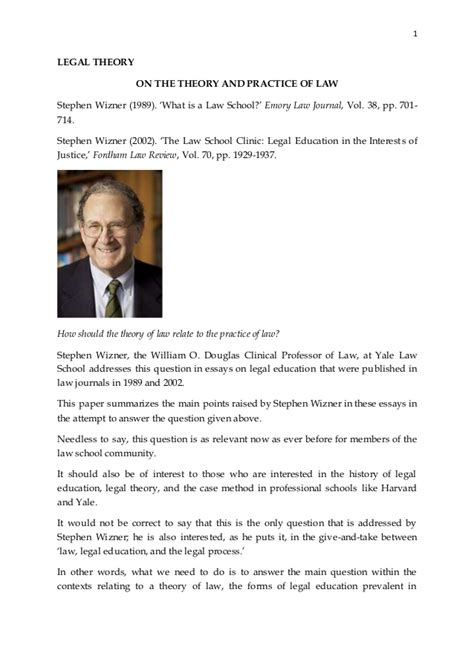A Quote by Robert Smith Surtees
There are three sorts of lawyers - able, unable and lamentable.
Related Quotes
It is the lawyers who run our civilization for us -- our governments, our business, our private lives. Most legislators are lawyers; they make our laws. Most presidents, governors, commissioners, along with their advisers and brain-trusters are lawyers; they administer our laws. All the judges are lawyers; they interpret and enforce our laws. There is no separation of powers where the lawyers are concerned. There is only a concentration of all government power -- in the lawyers.
Weaknesses in men of genius are usually an exaggeration of their personal feeling; in the hands of feeble imitators they become the most flagrant blunders. Entire schools have been founded on misinterpretations of certain aspects of the masters. Lamentable mistakes have resulted from the thoughtless enthusiasm with which men have sought inspiration from the worst qualities of remarkable artists because they are unable to reproduce the sublime elements in their work.
Educating Lawyers succeeds admirably in describing the educational programs at virtually every American law school. The call for the integration of the three apprenticeships seems to me exactly what is needed to make legal education more professional, to prepare law students better for the practice of law, and to address societal expectations of lawyers.
I feel for young people today. When I came out of law school, yes, we were broke, we had kids, we had problems. But it was straightforward. I didn't have to say, "My God, I am $80,000 in debt, I have to get a job, I have to pay it back, my life is ruined otherwise." We were able to go forward and work toward building something new, and that's what we did. Today many lawyers are unable to feel free to be advocates.
Most lawyers aren't trial lawyers. Most lawyers, even trial lawyers, don't get their problems solved in a courtroom. We like to go to court. It seems heroic to go to court. We think we're the new, great advocates, better than anything we've seen on TV, and we come home exhilarated by having gone to court.
The ethical practices of lawyers are probably no worse than those of other professions. Lawyers bring some of the trouble on by claiming in a sanctimonious way that they are interested only in justice, not power or wealth. They also suffer guilt by association. Their clients are often people in trouble. Saints need no lawyers: gangsters do.
